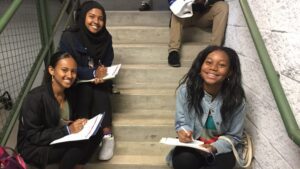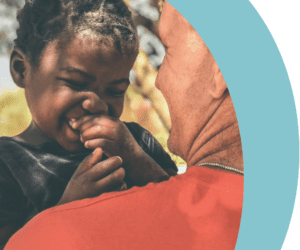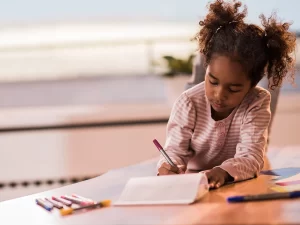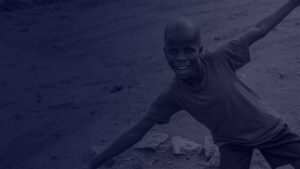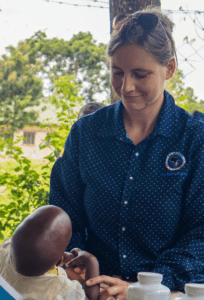
Despite the Ugandan government’s efforts to provide universal education, a significant number of parents are choosing private schools for their children. Yes!
This trend raises questions about the quality and effectiveness of public education and highlights several reasons behind the preference for private institutions.
Teachers in government schools tend to slow down the process of learning for students due to the increased low pays and worse working conditions.
One of the primary reasons parents opt for private education is the perceived higher quality of education. Private schools are often seen as offering better teaching standards, more rigorous academic programs, and a more conducive learning environment.
Smaller class sizes in private schools allow for more individualized attention and personalized instruction, which can significantly enhance student performance and engagement.
Overcrowded classrooms, limited resources, and inadequate facilities, on the other hand, frequently plague public schools. These issues can hinder the learning process and lead to lower academic achievement, prompting parents to seek better alternatives.
Teacher quality is another critical factor influencing the choice of private education.
Private schools tend to attract highly qualified and motivated teachers by offering competitive salaries and better working conditions.
In contrast, public school teachers often face delayed salaries, lack of teaching materials, and challenging working environments, which can impact their morale and effectiveness.
The professional development opportunities available to teachers in private schools also contribute to improved teaching quality.
Continuous training and support help teachers stay updated with the latest educational practices and methodologies, benefiting students in the long run.
Parents are increasingly valuing holistic education, which encompasses not just academics but also extracurricular activities, character development, and life skills.
Private schools often offer a broader range of extracurricular activities, including sports, arts, and clubs, which help in the overall development of students.
They also emphasize discipline, moral values, and leadership skills, preparing students for future challenges.
In contrast, public schools may lack the resources and infrastructure to support a wide array of extracurricular programs, limiting students’ opportunities to explore their interests and talents.
The physical environment in which children learn plays a significant role in their educational experience.
Private schools generally boast better infrastructure and facilities, such as well-equipped classrooms, libraries, laboratories, and sports fields. These amenities create a more stimulating and comfortable learning environment, which can enhance students’ academic performance and well-being.
Public schools, particularly in rural areas, often struggle with dilapidated buildings, insufficient furniture, and inadequate sanitation facilities.
These conditions can negatively impact students’ health, attendance, and concentration, prompting parents to seek better-equipped private institutions.
Private schools are known for providing personalized attention and support to their students.
With fewer students per teacher, educators in private schools can closely monitor each student’s progress, identify their strengths and weaknesses, and provide tailored support to help them succeed.
This individualized approach can be especially beneficial for students with learning difficulties or those who need extra help to keep up with the curriculum.
Public schools, with their larger student populations and limited resources, may struggle to offer the same level of personalized attention, making it harder for some students to thrive.
The prestige associated with private education is another factor driving parents’ decisions.
Private schools often have a reputation for academic excellence and high achievement, which can enhance students’ prospects for higher education and future career opportunities.
Many private schools also have established networks and partnerships with prestigious universities and organizations, providing students with valuable connections and opportunities.
For parents who can afford it, investing in private education is seen as a way to secure a brighter future for their children, despite the availability of free public education.
Author:: Bagombeka Job




















